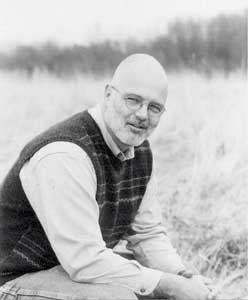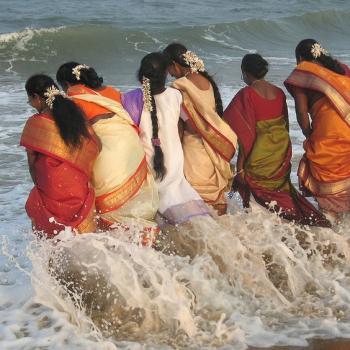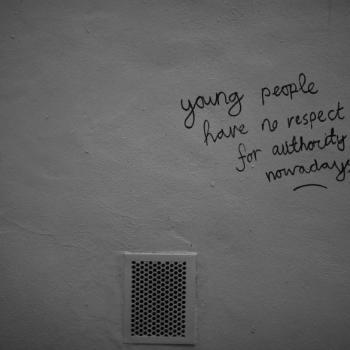By Timothy Dalrymple
Brian McLaren is founding pastor of the non-denominational Cedar Ridge Community Church in Spencerville, Maryland. He serves presently on the directing boards of Emergent Village and Sojourners, and sat on the boards of International Teams and the Mars Hill Graduate School. McLaren has been a pioneer and spiritual leader for the emergent church movement, developing a postmodern Christian theology, hermeneutics, praxis, and missional ecclesiology. While he is not without his detractors -- John MacArthur, D. A. Carson and Mark Driscoll among them -- he has inspired many around the world as a speaker, pastor, and author. Among McLaren's more prominent writings are A New Kind of Christian (2001), A Generous Orthodoxy (2006), Everything Must Change (2009), and his new book, A New Kind of Christianity (2010).
Patheos is proud to feature Brian McLaren in dual interviews with the Mainline Protestant and Evangelical Portals. Several questions were used in both interviews, but the remainder were posed separately. The questions below were posed by Timothy Dalrymple, manager of the Evangelical Portal.
 You are well known for your strong commitment to social justice ministries. In a recent discussion, John Piper said that serving the poor is a biblical imperative, but "If I succeed totally in relieving poverty in this age, and didn't solve the eternal problem, I would prove in the end to be absolutely unloving and un-Christ-like." Tim Keller agreed that the temporal and eternal are both significant, but "the eternal matters more than the temporal." Should Christians prioritize evangelistic over social justice ministries? Or is this a wrong way of thinking about the problem?
You are well known for your strong commitment to social justice ministries. In a recent discussion, John Piper said that serving the poor is a biblical imperative, but "If I succeed totally in relieving poverty in this age, and didn't solve the eternal problem, I would prove in the end to be absolutely unloving and un-Christ-like." Tim Keller agreed that the temporal and eternal are both significant, but "the eternal matters more than the temporal." Should Christians prioritize evangelistic over social justice ministries? Or is this a wrong way of thinking about the problem?
I would rather have evangelicals include concern for the poor as a secondary concern than no concern at all, so putting it on the list as a biblical imperative, below evangelism, is way better than not including it at all or calling it a kind of peripheral elective. But in my understanding, the two are integral. One is inherent in the other. To say God loves the world, but not to show that love in practical ways, that would seem to me to undermine the proclamation. And to show God's love in material ways but not to put it into words, that doesn't make a lot of sense to me either. Because I see the gospel as Jesus' message that the kingdom of God is at hand, and because I see the kingdom of God as good news for all creation -- not just the souls of the elect -- I don't put social and spiritual into separate categories. But I understand how, for many good evangelicals, the world is divided into those categories, so they'll express things in this way.
You are known for your criticism of the church's historical "fundasexuality." What do you think ought to be the relationship between Christian churches and gay communities?
I love the statement Desmond Tutu just issued about homosexuality. His experience under racial apartheid in South Africa has sensitized him to other kinds of separation and discrimination, including discrimination against gay people. But at the same time, I know that many people, including dear friends and family members, will never choose Tutu's path. They are committed to a certain way of reading the Bible that won't allow them to change their view, and they are deeply involved in religious communities that won't allow them even to consider another way of seeing the issue without facing excommunication and so on. So what this means is that those of us who feel that gay people are being mistreated must be willing to receive the same treatment that gay people receive. That's solidarity. And that's not easy. But working for change has never been easy.




